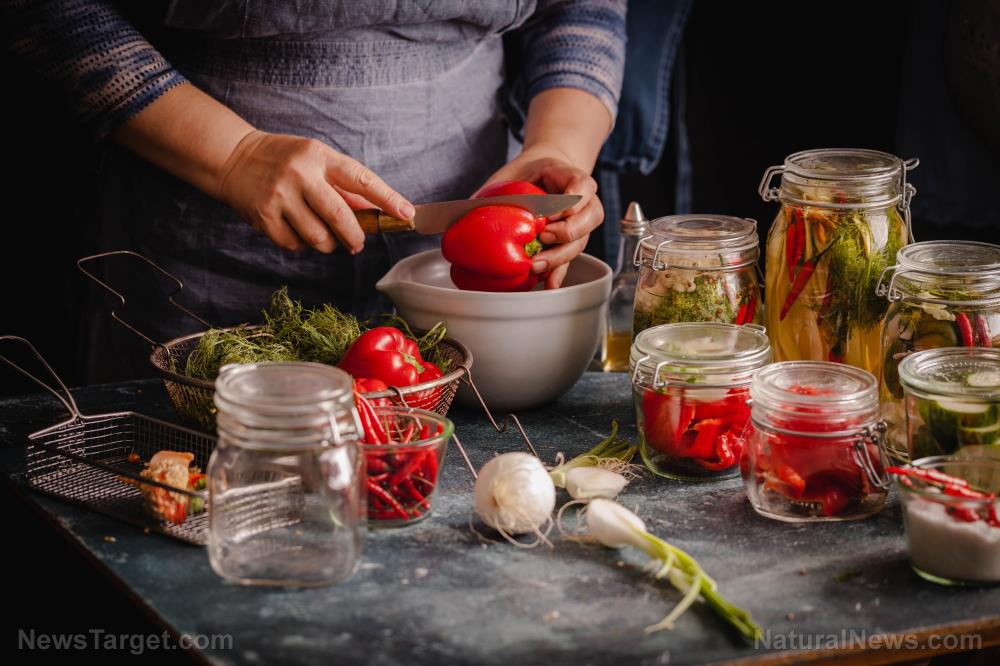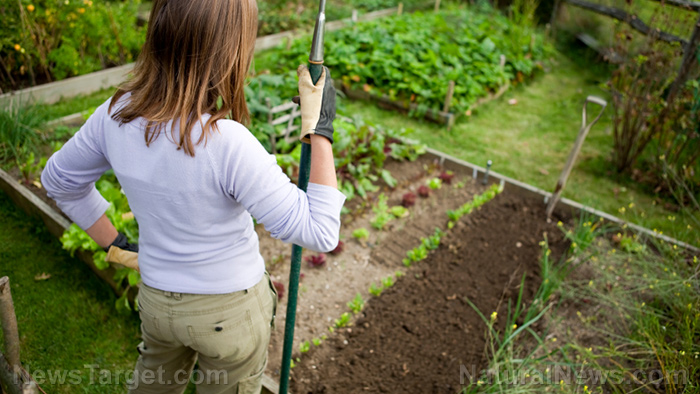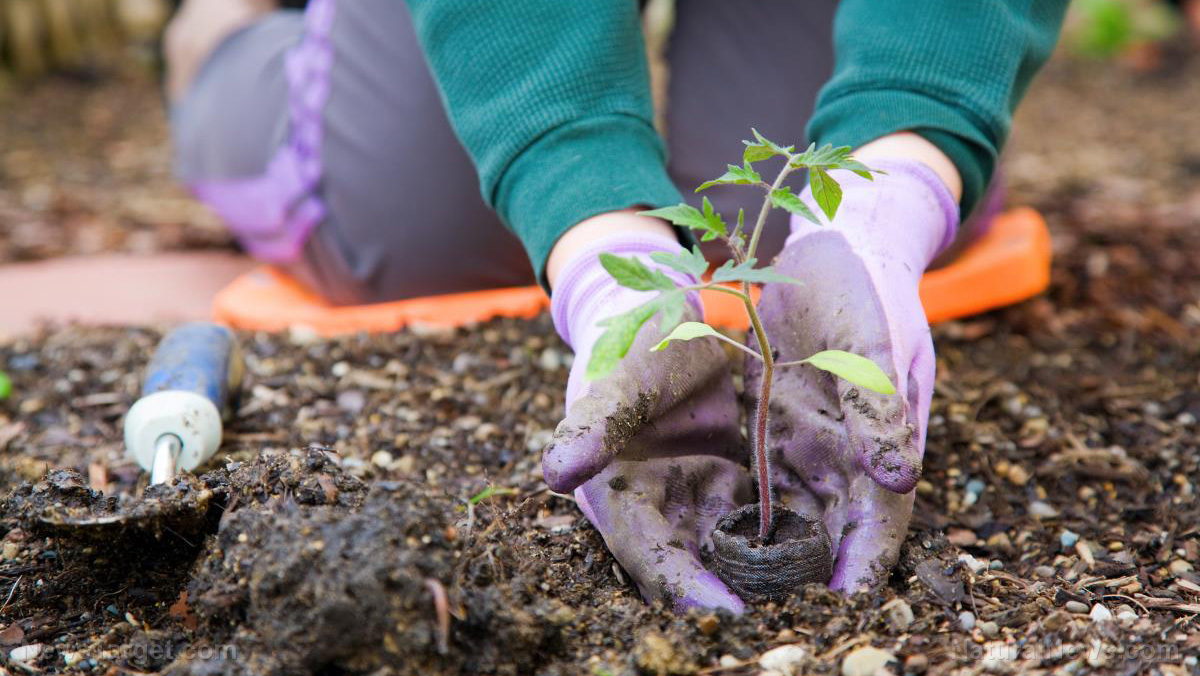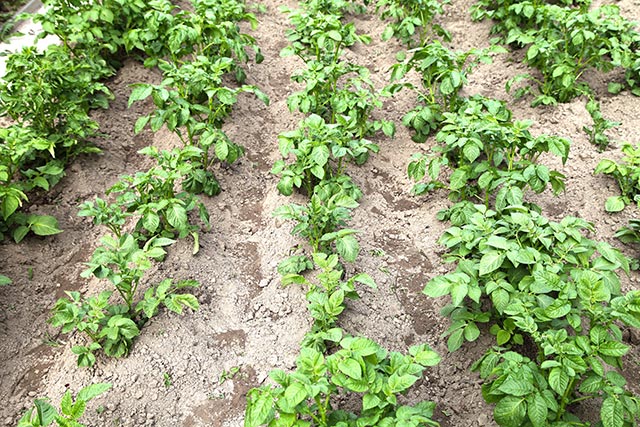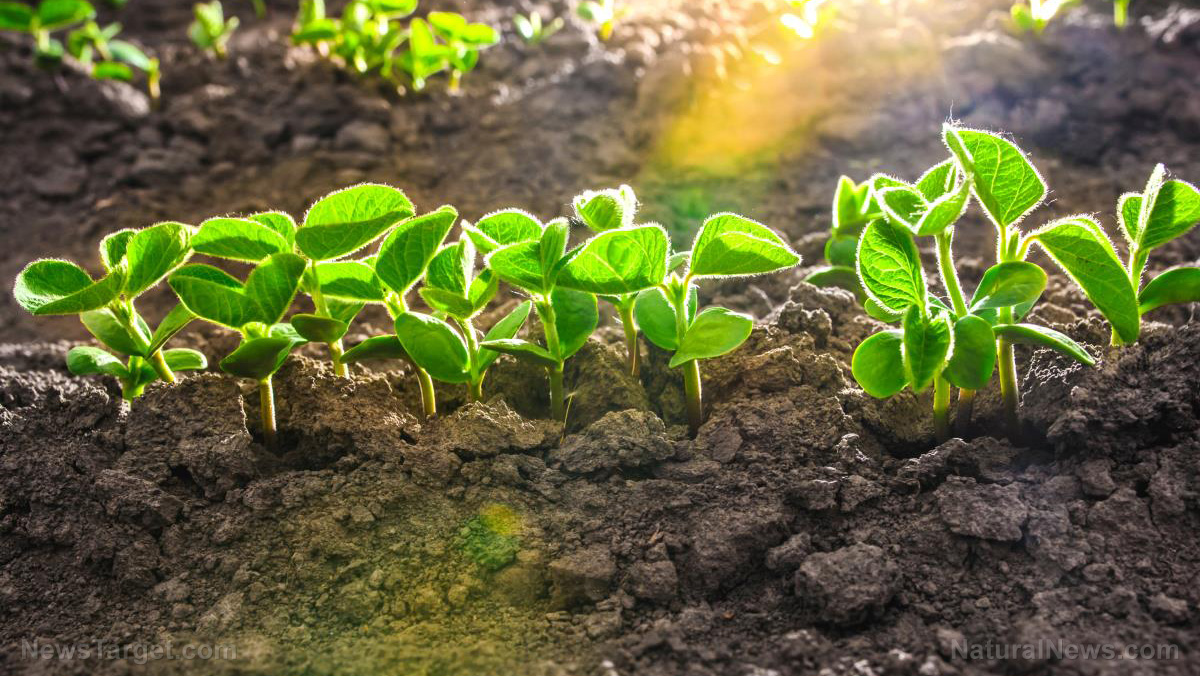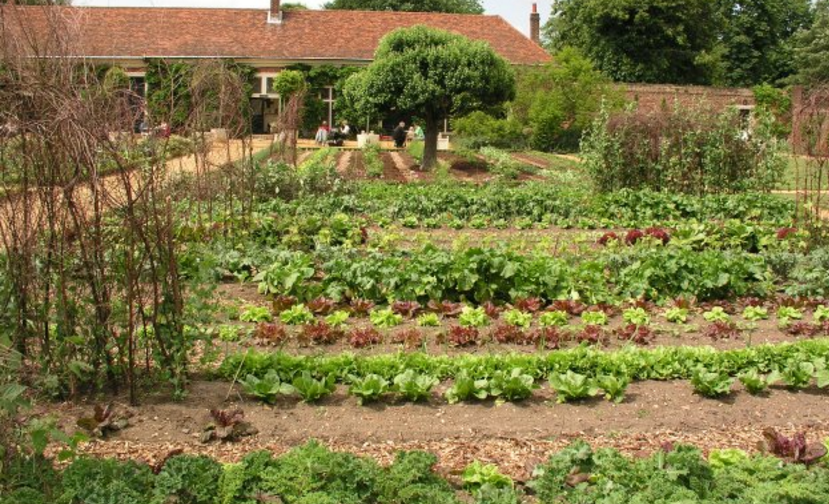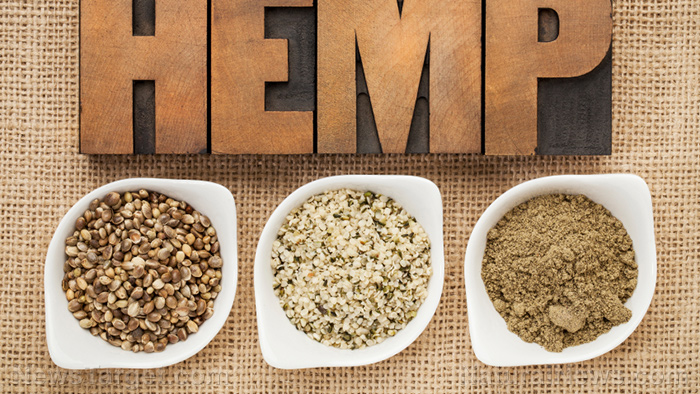Growing vegetables sustainably is possible on a large scale without conventional fertilizer, with proper soil management
09/06/2018 / By David Williams
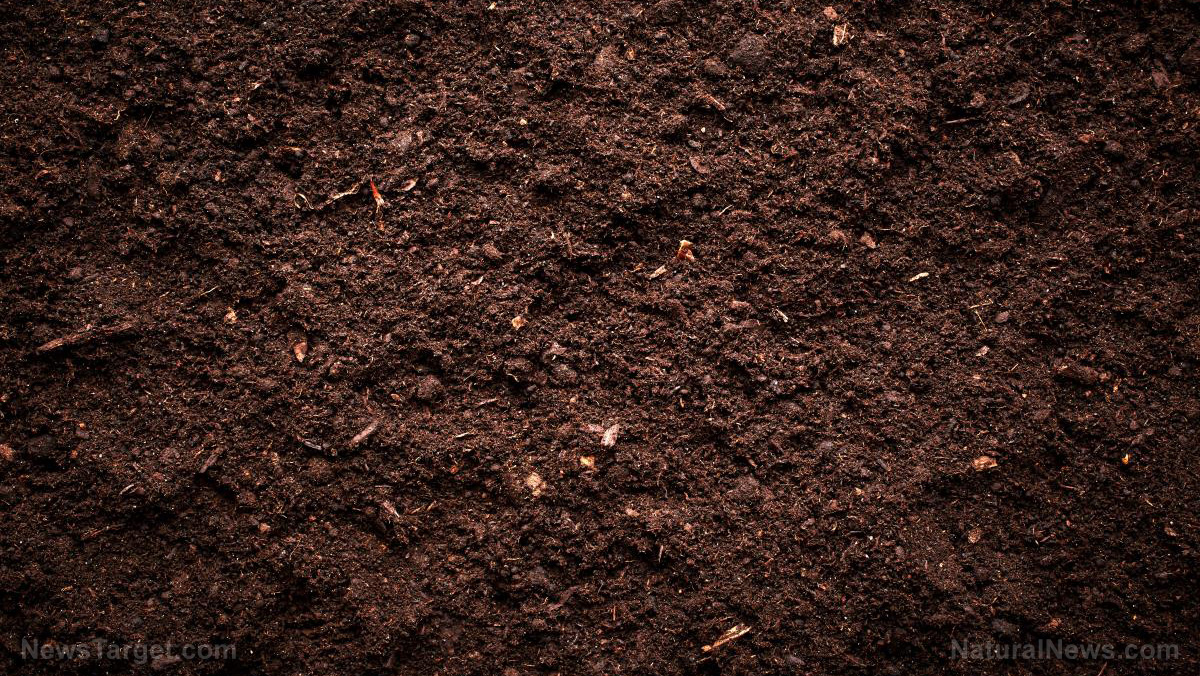
In this day and age, it is almost a given that you would need to use conventional types of fertilizers to achieve any success in growing food crops. After all, they are seen as necessary for promoting the growth of crops and minimizing the harm that can be caused by external factors such as pests on farmlands. But what if it was possible to avoid using conventional fertilizers altogether? Can growing crops even be possible without them?
This was the question raised by a group of researchers, as they wanted to find out whether or not it was possible to achieve sustainable vegetable production through the use of organic amendments only. In a study titled “Can Organic Amendments Support Sustainable Vegetable Production?” the researchers looked into a possible alternative to the use of conventional fertilizers in growing crops.
Before going ahead with their study, the researchers had some core ideas in mind:
- Accounting for the nitrogen (N) release from organic amendments could lead to improving N use efficiency, and also promote soil carbon (C) storage in what is referred to as horticultural soils.
- Regional N fertilizer recommendations are often affected by a high degree of uncertainty. That is, even if you do use certain fertilizers, that’s not exactly an assurance that you will be getting what you expect out of your crops.
- Finally, by using crop simulation models, it’s possible to develop efficient site-specific N management.
Once all of the rules and requirements were in place, the researchers proceeded with their experiments. They worked with the idea that the application rates of synthetic fertilizer to expanses of agricultural fields could be further reduced through the use of simply understanding N supplied by organic amendments (OA). In order to get to the heart of the matter, the researchers conducted a number of field and simulation experiments. They did this to quantify the effect of N released from OA application on crop production, as well as on selected soil properties in what is described as “an intensively managed vegetable crop rotation.”
For the researchers to get the data and information that they needed from their study, they used the SALUS crop model or the System Approach to Land Use Sustainability. They used this system to simulate yield, soil N, and also soil organic carbon (SOC) dynamics based on different combinations of raw or composed OA and synthetic N fertilizer application rates.
Through the use of SALUS, the researchers were able to accurately simulate above-ground crop biomass production in their tests as well as crop uptake under different N management strategies. They also simulated SOC level, and even soil mineral N. They noted that there was no difference in crop biomass production with N fertilizer reductions when combined with the specified OA application in the study.
After looking at their study’s results, the researchers were able to conclude that it was indeed possible to rely on all-natural methods for sustainable vegetable production, as opposed to relying almost entirely on the use of conventional fertilizers. And not only was it possible to grow food crops with the all-natural method, but it was also, overall, a lot better and much less harmful to the system.
Read more about ways to improve crop yield at Harvest.news.
Sources include:
Tagged Under: carbon, crops, farming, Fertilizers, Nitrogen, soil, soil carbon, soil management, vegetable production, vegetables




